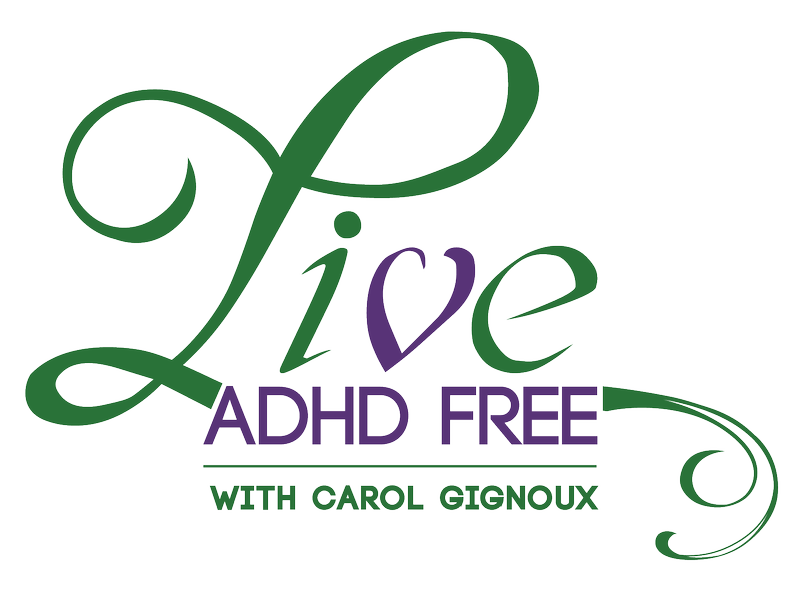Their interwoven relationship is a source of debate and synergy
Attention Deficit Hyperactivity Disorder (ADHD) and anxiety are often present in the same individual, and in fact, feed off one another. It’s hard to say if anxiety is a symptom of ADHD, or if having ADHD causes anxiety.
There is an ongoing debate about the connection between anxiety and ADHD. Some believe that anxiety results from the close proximity of the location of the executive functions in the brain with the location of our emotions. The other argument is that because people growing up with ADHD must endure suffering and struggling to fit in and manage their behavior, anxiety is a natural outcome. Another school of thought is they both contribute to anxiety being commonly found in people labeled ADHD.
Anxiety symptoms
- Difficulty concentration or paying attention
- Inability to relax or restlessness
- Chronic feelings or worry or nervousness
- Fearful but with no apparent cause
- Irritability
- Trouble sleeping or insomnia
- Headaches and stomach problems
- Reluctant to try new things
ADHD and anxiety and misdiagnosis
Because anxiety and ADHD are so entwined, misdiagnosis is a risk. You may be diagnosed as anxiety when the root of the problem is ADHD. Or you may have both and are only treated for one. At least 50 percent of adults with ADHD also suffer from anxiety.
That’s why it’s important to share your symptoms and concerns with your physician and other ADHD professionals. The overlap of symptoms is clear; most all the symptoms above can be attributed to ADHD. That’s why it can take time to undertake a comprehensive history of your health and symptoms. Be patient! Having the correct diagnosis from the start will help make treatment and success much more viable.
Treatment and success for ADHD and Anxiety
Then your physician can determine if medication or other therapies can help treat your ADHD and anxiety. Treatments like symptoms overlap, but there are differences, especially in pharmaceutical treatment. Coaching and cognitive therapy would use many of the same approaches to treat both these conditions.
Working with an ADHD coach can help you build habits and routines to address both ADHD and nervousness. You can become more confident and empowered so you can consistently overcome obstacles. Find out more about how ADHD coaching can change your outlook and help you manage ADHD and anxiety.


Pingback: ADHD Distraction: Distracted From or Distracted By | Live ADHD Free